The Leonore Annenberg Funds celebrated the end of a successful 10-year run with a recital featuring violinist Francesca dePasquale, an arts fellowship recipient in 2014, and pianist Reiko Uchida.
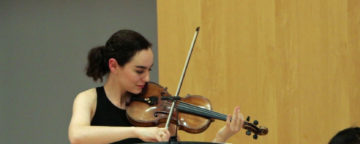
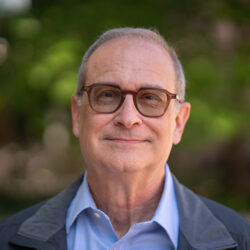
Michael Rozansky has worked as an editor, writer and reporter for 30 years. Before joining the Annenberg Public Policy Center as director of communications, he spent more than 20 years at the Philadelphia Inquirer, most recently supervising its arts and entertainment coverage. He has reported on the arts, media, business, politics, national and regulatory issues. Rozansky also developed and taught a class at Temple University on the history and practice of celebrity journalism. He received a bachelor’s degree in English and American literature from Brown University and a master’s degree in journalism from Columbia University’s Graduate School of Journalism.

The Leonore Annenberg Funds celebrated the end of a successful 10-year run with a recital featuring violinist Francesca dePasquale, an arts fellowship recipient in 2014, and pianist Reiko Uchida.
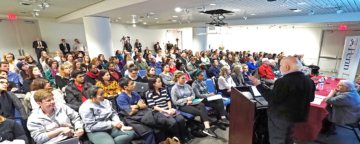
Speaking at Penn's 2018 "Teach-In," APPC research director Dan Romer discussed the connections between the entertainment and news media and gun violence, and the effects on young people.
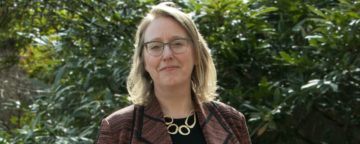
Ellen Peters, a psychology professor at the Ohio State University who specializes in decision making and innumeracy, has returned this spring to Penn, where she studied as an undergraduate.
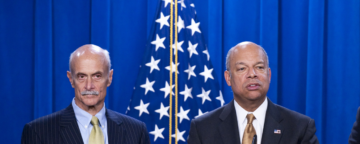
With the U.S. challenged by such threats as cyberwarfare and election hacking, former heads of Homeland Security pressed Congress to streamline DHS oversight. An APPC-linked task force had recommended the reform.

People’s willingness to use a Zika vaccine when it’s available will be influenced by how they weigh the risks associated with the disease and the vaccine, but also by their misconceptions about other vaccines, a new study has found.

The first-ever reauthorization of the Department of Homeland Security is likely to include steps to streamline congressional oversight of the department, a move recommended by the Sunnylands-Aspen task force.

Scholars, editors, and scientists at a National Academy of Sciences-Sunnylands-APPC retreat proposed uniform standards and greater transparency to clarify the roles of authors across different journals, fields, and cultures.

An analysis of Twitter posts during the Zika outbreak in 2016 shows a correlation between Twitter topics and the results of nationwide U.S. surveys, according to researchers at APPC and the University of Illinois.
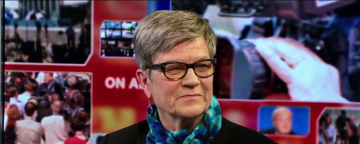
Kathleen Hall Jamieson has been named the 2018 recipient of the Everett M. Rogers Award by the University of Southern California's Annenberg School for Communication and Journalism.
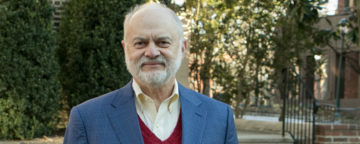
APPC visiting scholar David Zarefsky, an expert in rhetoric and oratory, is working on a book about President Lyndon Johnson's 1968 speech on the Vietnam War and his decision not to seek reelection.